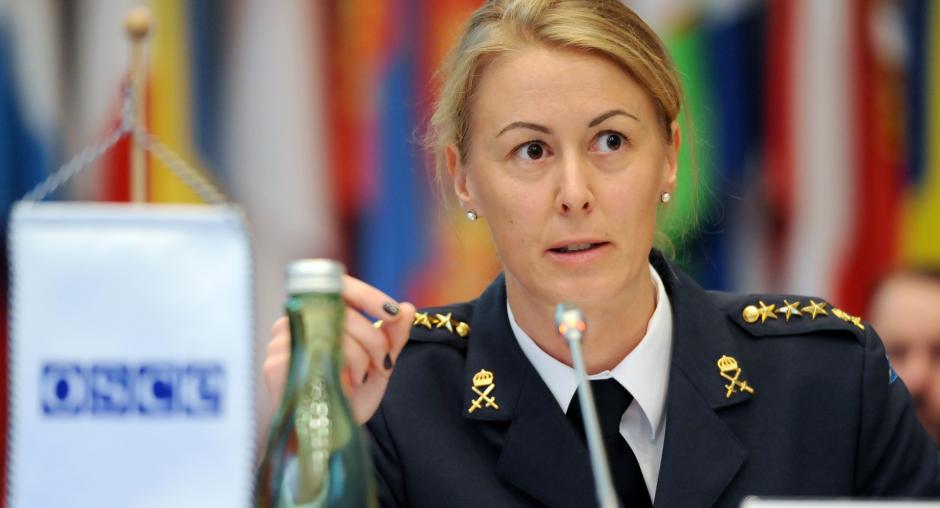Reform and co-operation in the security sector
OSCE Code of Conduct on Politico-Military Aspects of Security is a key document in this regard and sets out basic norms for the democratic control of armed and security forces, as well as ensuring human rights and fundamental freedoms for armed forces personnel. The OSCE has also developed a set of guidelines on security sector governance and reform that allow the Organization’s staff to better assist participating States in their nationally-led reform efforts in the security sector with the aim to strengthen good governance and accountability.
Practical activities in the area of reform and co-operation in the security sector include legislation reform, downsizing and/or conversion of armies, training personnel on the rights of servicemen and servicewomen and humanitarian law. These activities are conducted by a number of OSCE field operations, the OSCE Office for Democratic Institutions and Human Rights (ODIHR), and the Conflict Prevention Centre. All of them work closely with governments, NGOs and civil society.
Some of the central topics in this area of the OSCE’s work include:
- Rules of engagement and integrity within defence and security institutions
- Protection of the human rights of military service members
- Strengthening the oversight role of parliament
- Promoting better communication of security sector institutions with citizens
- Encouraging active participation of civil society
- Re-training discharged personnel for civilian employment
- Ensuring social rights in transition from conscription-based to a professional army
- Reviewing draft legislation

